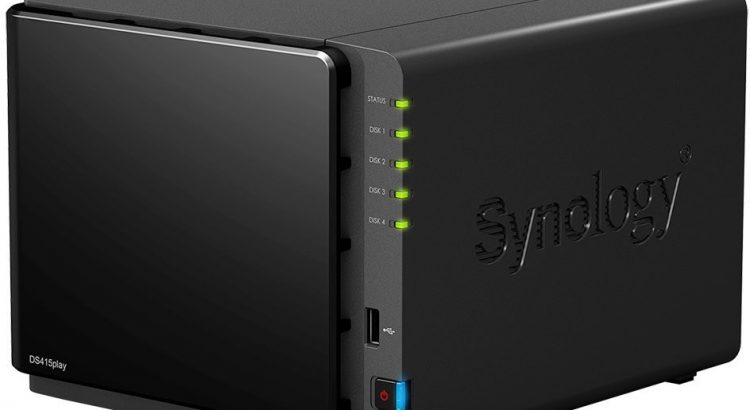NAS means Network-attached storage
Network-attached storage (NAS) is a file-level computer data storage server connected to a computer network providing data access to a heterogeneous group of clients
NAS is specialized for serving files either by its hardware, software, or configuration. It is often manufactured as a computer appliance – a purpose-built specialized computer. NAS systems are networked appliances which contain one or more storage drives, often arranged into logical, redundant storage containers or RAID.
Network-attached storage removes the responsibility of file serving from other servers on the network. They typically provide access to files using network file sharing protocols such as NFS, SMB/CIFS, or AFP. From the mid-1990s, NAS devices began gaining popularity as a convenient method of sharing files among multiple computers. Potential benefits of dedicated network-attached storage, compared to general-purpose servers also serving files, include faster data access, easier administration, and simple configuration.
The hard disk drives with NAS in their name are functionally similar to other drives but may have different firmware, vibration tolerance, or power dissipation to make them more suitable for use in RAID arrays, which are sometimes used in NAS implementations. For example, some NAS versions of drives support a command extension to allow extended error recovery to be disabled. In a non-RAID application, it may be important for a disk drive to go to great lengths to successfully read a problematic storage block, even if it takes several seconds. In an appropriately configured RAID array, a single bad block on a single drive can be recovered completely via the redundancy encoded across the RAID set. If a drive spends several seconds executing extensive retries it might cause the RAID controller to flag the drive as down whereas if it simply replied promptly that the block of data had a checksum error, the RAID controller would use the redundant data on the other drives to correct the error and continue without any problem. Such a NAS SATA hard disk drive can be used as an internal PC hard drive, without any problems or adjustments needed, as it simply supports additional options and may possibly be built to a higher quality standard (particularly if accompanied by a higher quoted MTBF figure and higher price) than a regular consumer drive.
Source: Wikipedia
